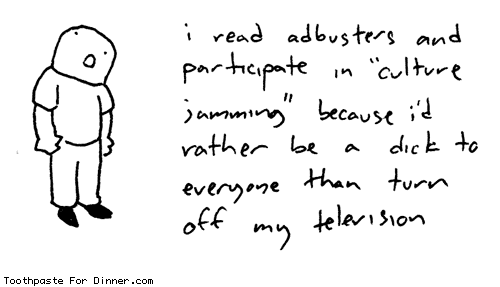This has become so prevalent that the last week of September is now Banned Books Week. The dates for this week in 2009 are September 26 to October 3, and the purpose of this week is to celebrate the freedom everyone has to not only have their own ideas, no matter how crazy, but also to have access to a wide variety of ideas, even those contradictory to their own. “One of the most cherished freedoms in a democracy is the right to freely participate in the “marketplace of ideas.” (Stauber and Rampton). This marketplace of ideas is not possible if people keep taking books off the shelves, denying people access to great works of literature simply because they deem them to be inappropriate. In many cases these challenged books are not banned because officials in charge of such decisions realize that we have the right to information. Many books, however, are banned, and some people have that right taken away from them.
Banned book week started in the states 27 years ago to remind Americans not to take for granted the fact that they have the freedoms to read whatever they want. It has spread into other democratic countries because they all take for granted how unique the enormous access to information they have actually is. There are very few places in the world where you can read books presenting such a variety of viewpoints. Yet in North America especially, we take that freedom for granted until someone tries to take it away in the form of book banning. “Granting archives and libraries a broad freedom to collect, claims of property notwithstanding, is a crucial part of guaranteeing the soul of a culture.” (Lessig, 185). One of the wonderful things about our culture is the large collection of information we have, and the fact that everyone can access it. When book banning starts to happen, that is no longer true.
So the important question is, how can we help? What can we do to stop book banning from happening? One good thing to do is to read frequently banned books yourself, or recommend them to your friends. The list of 100 most banned books of the 1990s is a good resource for this. Stay informed; make sure you know if a piece of literature is being challenged at your local library “The ALA Office for Intellectual Freedom estimates they learn of only 20 to 25 percent of book challenges. Let us know if there is a challenge in your community. Find out what the policy is for reviewing challenged materials at your school or public library.”(American Library Association) There is also the Intellectual Freedom Action News (IFACTION) e-list, which is good to join if you want to show your support. The most important thing is to get the word out. Tell everyone you know how important the freedom to read what you’d like is. Write letters to the mayor or your MPP or MP telling them how important the freedom to read and asking them to proclaim “Banned Books Week – Celebrating the Freedom to Read.” This blog for me was the first step in doing my part; anyone who reads this blog will have gotten the message, and will hopefully pass it on.
"All censorships exist to prevent anyone from challenging current conceptions and existing institutions. All progress is initiated by challenging current conceptions, and executed by supplanting existing institutions. Consequently the first condition of progress is the removal of censorship."--George Bernard Shaw, Preface to Mrs. Warren's Profession
Works Cited
Lessig, Lawrence. Free Culture. New York, USA: The Penguin Press, 2004.
Stauber, John, and Rampton, Sheldon. Toxic Sludge Is Good For You! Lies, Damn Lie and the Public Relations Industry. 1st ed. Monroe, Maine: Common Courage Press, 1995.
"Banned Books Week: Celebrating the Freedom to Read." ALA - American Library Association. 2008. American Library Association. 22 Nov 2008


